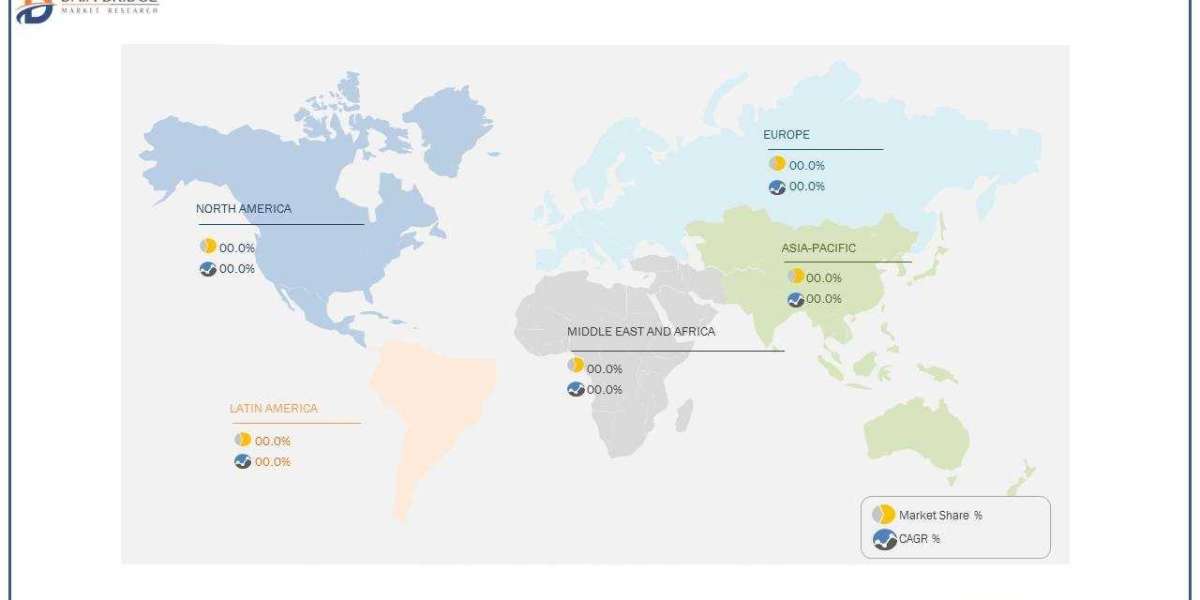Progressive elaboration in project management refers to the iterative and incremental process of continuously refining and expanding project details and deliverables over time. It involves progressively developing and adding more information, clarity, and specificity to project plans and requirements as the project progresses and more information becomes available.
Progressive elaboration in project management refers to the practice of gradually expanding and refining project details and deliverables over time as more information becomes available. It involves continuously developing and adding greater clarity, specificity, and depth to project plans and requirements as the project progresses.
Progressive elaboration helps manage uncertainty by acknowledging that complete project details may not be available initially. It allows for an iterative and adaptive approach, enabling the project team to gradually refine plans and deliverables based on increasing knowledge and stakeholder collaboration. By embracing progressive elaboration, project managers can enhance project outcomes, minimize risks, and ensure alignment with evolving requirements and stakeholder needs. By obtaining Project Management Certification, you can advance your career as PMP. With this course, you can demonstrate your expertise in extensive knowledge of Project Management concepts highlighted in the PMBOK Guide - 7th Edition which is aligned with the latest PMP Exam Content Outline, and many more critical concepts among others.
Key aspects of progressive elaboration in project management include:
1. Iterative Approach: Progressive elaboration follows an iterative approach, where project details and plans are refined and enhanced in multiple stages throughout the project lifecycle. It recognizes that complete and detailed project information may not be available at the project's inception and acknowledges the need for ongoing development and adjustments.
2. Initial Planning: Project planning begins with an initial level of detail and understanding of project requirements, objectives, and constraints. At this stage, the project team develops an initial plan and identifies high-level deliverables, timelines, and resources based on the available information.
3. Continuous Refinement: As the project progresses and more information becomes known, the project plan is continuously refined and expanded. The project team engages in ongoing analysis, stakeholder collaboration, and information gathering to enhance project details, identify risks, refine timelines, and further define project deliverables and requirements.
4. Flexibility and Adaptability: Progressive elaboration embraces flexibility and adaptability to accommodate changing project circumstances. It acknowledges that as the project evolves, new information, constraints, or stakeholder requirements may emerge, necessitating adjustments to the project plan, scope, or resources.
5. Stakeholder Collaboration: Progressive elaboration encourages active engagement and collaboration with stakeholders throughout the project. Stakeholders provide valuable insights, requirements, and feedback, which contribute to the progressive refinement and elaboration of project plans and deliverables.
6. Risk Mitigation: As project details become clearer through progressive elaboration, potential risks and challenges can be identified and addressed proactively. By iteratively analyzing and assessing risks, the project team can implement appropriate risk mitigation strategies to minimize the impact of potential issues.
7. Documentation and Communication: As project details are progressively elaborated, project documentation is updated to reflect the refined information and plans. Clear communication of changes, updates, and evolving requirements is crucial to ensure all project stakeholders are informed and aligned with the latest project developments.
Progressive elaboration recognizes that project management is an iterative and evolving process. It acknowledges the dynamic nature of projects and allows for the gradual expansion of project plans and deliverables as more information becomes available. By embracing this approach, project managers can navigate uncertainty, adapt to changing circumstances, and deliver successful outcomes by continuously refining and enhancing project details throughout the project lifecycle.



